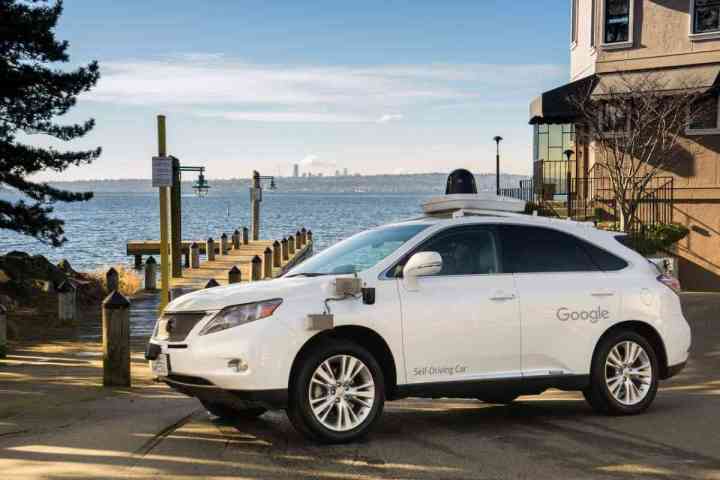
With growing connections between Silicon Valley and Detroit arising as car, tech, and ride-share companies join forces, the powers that be in Michigan intend to accommodate the trend. A package of bipartisan bills is being pushed forward that would allow both the sale and operation of self-driving vehicles in the state, according to the Associated Press.
One of the laws enables driver-free cars. Another bill sets up a highway speed test track at a vacant GM plant. Other legislation would allow convoys of driverless trucks to travel the highways and enable car companies such as General Motors, Ford, and Fiat Chrysler to establish and run networks of driverless on-demand cars.
Michigan is the automobile industry’s capital and is making a statement with the proposed legislation. Michigan Department of Transportation Director Kirk Steudle has a sense of urgency. “It’s coming. It’s coming fast,” said Steudle “The technology is at a point where it will be incorporated into something that is mass-produced.”
The Michigan Department of Transportation, economic development leadership, both political parties, and the governor are all in favor of staying in the lead in what is increasingly referred to as the “mobility” industry. The bills’ main sponsor, Republican Senator Mike Kowall, said, “We’re working with the industry and MDOT so that once these vehicles are on the road you can rest assured that they are safe. I see the autonomous vehicles being tested on the road every day. It’s weird. But it’s what’s going to move the auto industry into the 24th and 25th century.”
Not everyone is gung-ho about the new legislation. Some see it as coming too soon at the expense of public safety in order to achieve short-term economic benefit. Jamie Court, president of Consumer Watchdog, a California-based advocacy group concerned about safety and privacy said, “It’s foolhardy to rush into this without a plan just because it seems to be a way to stimulate jobs.”
Senator Kowall expects the bills to go committee this summer.



